OBSTETRICS
GYNAECOLOGY & WOMEN'S HEALTH
PCOS
PCOS or polycystic ovary syndrome is a condition that affects the hormone levels of women of reproductive age. The main features of PCOS are:
irregular periods - when the ovaries do not regularly release eggs or ovulate
excess androgen - when the patient produces higher levels of male hormones
polycystic ovaries - when the ovaries become enlarged and develop a fluid-filled sac. It is not the same as an ovarian cyst.
Any two of these features indicates the presence of PCOS.
The PCOS causes are unknown, but symptoms are usually linked to abnormal hormone levels, high insulin levels, excess weight or obesity, inflammation, and hereditary factors.
Common PCOS symptoms include irregular periods, heavy bleeding, acne breakouts on face, chest and upper back, weight gain, and male -pattern baldness. The other symptoms include headaches, darkening of the skin, excessive hair growth, and thinning of the hair
PCOS diagnosis involves ascertaining the medical history of the patient and examinations, both physical and medical such as blood tests, pelvic exams, and scans. Further tests, such as blood pressure, cholesterol, and triglyceride levels tests, may be recommended, including screening for depression and anxiety, and obstructive sleep apnea.
PCOS treatment focuses on the prevalent symptoms. Medication, in vitro fertilisation (IVF), and surgery are options. Healthy lifestyle habits are also recommended to reduce the effects of PCOS.
PCOS Treatment - In vitro fertilisation (IVF)
IVF is an assisted reproductive technology procedure that involves the maturation of eggs in a controlled environment. Injections are administered to stimulate the ovaries to produce multiple eggs. The mature eggs are then collected and fertilised in the lab. After that, the resulting embryo or fertilised egg is transferred into the womb.
The IVF procedure (IVF cycle) takes several weeks and involves frequent blood tests and daily hormone injections. Women with PCOS generally respond well to IVF treatment.
PCOS Treatment - Surgical options for PCOS
Laparoscopic ovarian drilling (LOD)
Laparoscopic ovarian drilling is a minor surgical procedure for PCOS that do not respond to medication. The procedure involves passing a laparoscope into the abdomen. A laparoscope is a long, thin tube with a high-intensity light and a high-resolution camera at the front.
With the aid of the laparoscope, the ovaries can be surgically treated using heat or a laser to destroy the tissues that are producing male hormones. It corrects the hormone imbalance and restores the normal function of the ovaries.
Cyst aspiration
Cyst aspiration involves the removal of fluid that is trapped in the cyst. Dr Cilly inserts a transvaginal ultrasound wand into the vagina to observe the cysts and determine whether the aspiration is required.
If it is required, Dr Cilly applies antiseptic to the vagina and then injects a local anaesthetic into the vaginal wall. After that, Dr Cilly inserts a needle through the vaginal wall and evacuates the contents of the cyst, which will be studied to ascertain the presence of cancerous cells.
Cyst aspiration helps to relieve discomfort and improve fertility. It relieves pelvic discomfort and improves chances for pregnancy.
Oophorectomy
An Oophorectomy is a procedure that involves the removal of one or both ovaries. Unilateral oophorectomy is done to remove one ovary, while bilateral oophorectomy involves the removal of both ovaries. The procedure is performed in two ways:
Laparotomy - An incision is made in the lower abdomen to access the ovaries. After that, the ovary is separated (from the blood supply and surrounding tissue) and removed.
Minimally invasive laparoscopic surgery - Dr Cilly, guided by a laparoscope, separates the ovary from the blood supply and surrounding tissue and places it in a pouch. After that, the pouch is pulled out of the abdomen through one of the small incisions
PCOS can affect several health functions and result in conditions, including infertility, sleep apnea, endometrial cancer, diabetes, high blood pressure, and depression. Early diagnosis and treatment are important.

